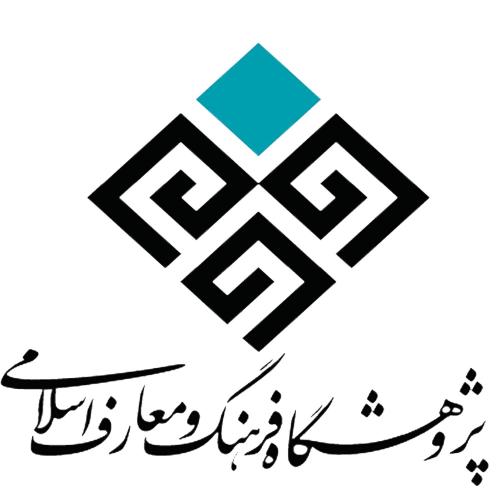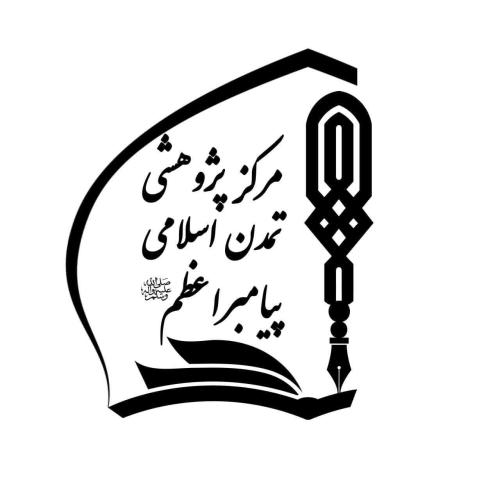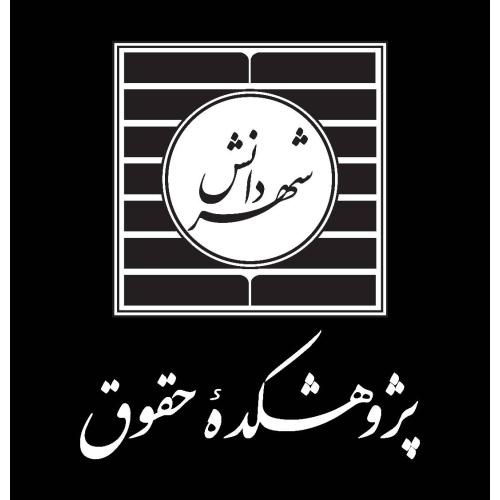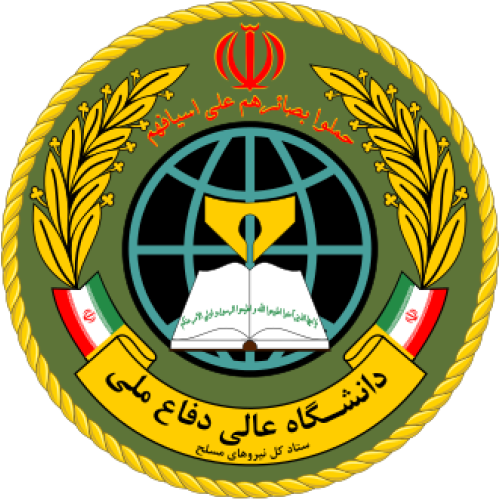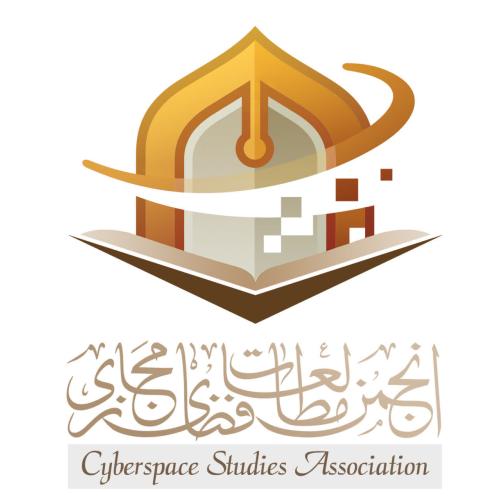-
1. مفهوم، مبانی و چارچوبهای حقوق ملت و آزادیهای مشروع در نظام جمهوری اسلامی ایران و مقایسه آن با سایر نظامهای حقوقی
-
2. سازکارها و الزامات تأمین و تضمین حقوق ملت و آزادیهای مشروع
-
3. دستاوردهای نظام جمهوری اسلامی ایران در زمینه حقوق ملت و آزادیهای مشروع
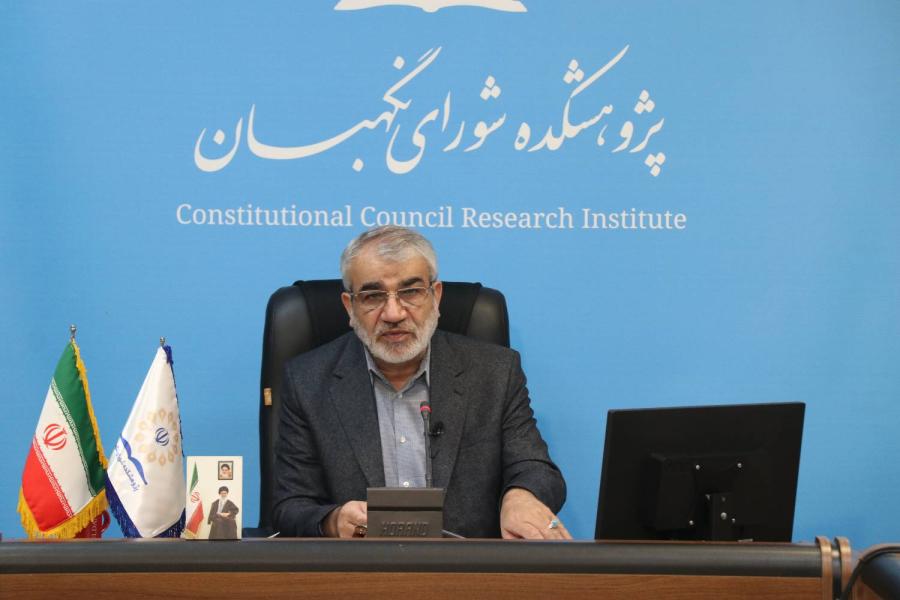
Tehran – In a virtual international conference examining freedom within Islamic jurisprudence, prominent Iranian jurist Dr. Abbas-Ali Kadkhodaei described Iran's constitutional philosophy of freedom as being fundamentally tied to human dignity and accountability before God.
The 41st pre-conference session for the upcoming International Conference on "People's Rights and Legitimate Freedoms" featured dialogue between Iranian and Italian legal scholars, with Dr. Kadkhodaei - Professor of Law at Tehran University and Constitutional Council jurist - presenting the Islamic Republic's constitutional approach to civil liberties.
"Freedom in Islamic thought isn't merely a political concession but a divine endowment," he said, framing the discussion around Iran's 1979 revolutionary slogan of "Independence, Freedom, Islamic Republic." He emphasized that Iran's constitutional framework treats freedom as both an inherent right and an instrument for spiritual development.
The scholar outlined three core principles: Freedom as a God-given right that cannot be revoked by temporal powers, the inseparable link between liberty and moral responsibility, and constitutional safeguards against both libertine excess and authoritarian restriction.
"Unlike Western liberal models," Kadkhodaei noted, "our system recognizes that unbridled freedom can undermine the very values it purports to serve." He pointed to Article 29 of the Universal Declaration of Human Rights as acknowledging necessary limitations on freedom - a concept he said finds fuller expression in Iran's constitutional order.
The jurist highlighted key provisions of Iran's founding document: Article 2 establishes freedom within divinely-ordained boundaries; Article 9 prohibits using freedom to compromise national sovereignty while forbidding officials from restricting legitimate liberties; and the Preamble positions freedom as essential to human dignity and social progress
"These aren't contradictions but carefully calibrated balances," Kadkhodaei explained, describing Iran's approach as rejecting both "license masquerading as liberty" and "tyranny disguised as protection."
The full conference will convene in Tehran this December, continuing this international examination of rights and freedoms within Islamic political thought.

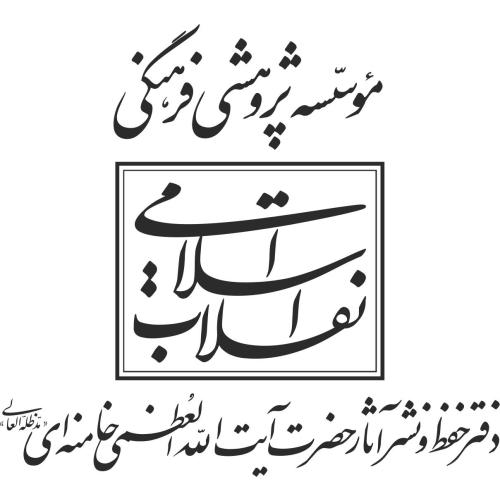
.png)
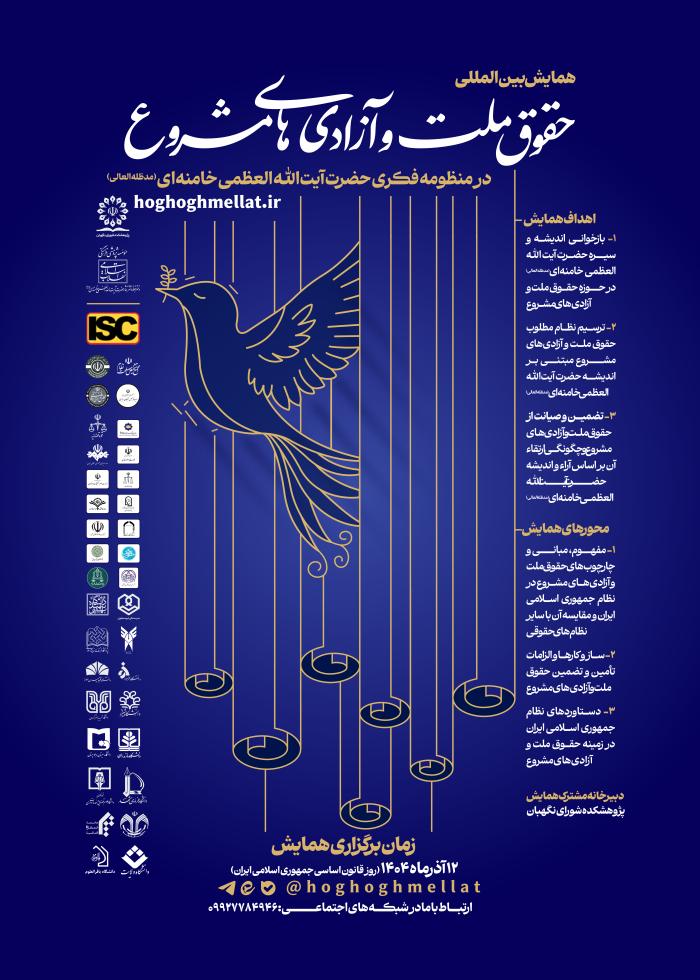
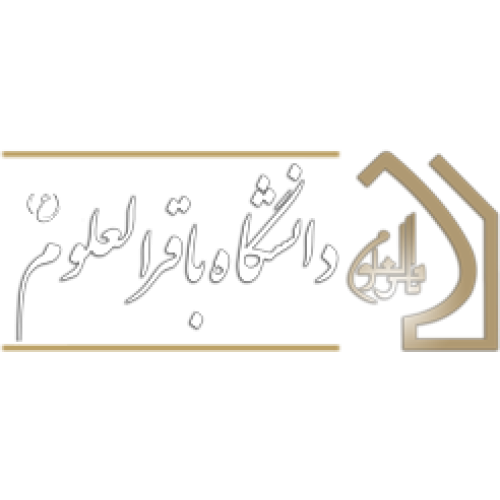
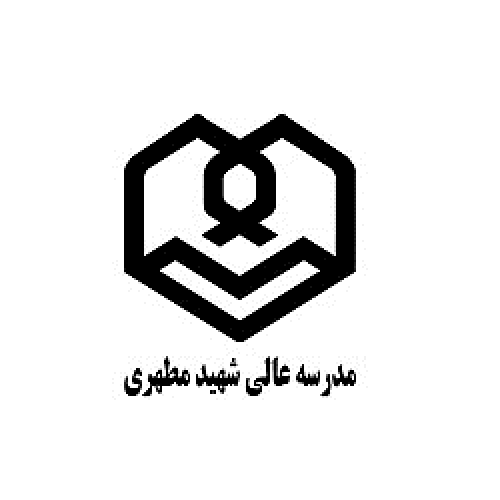
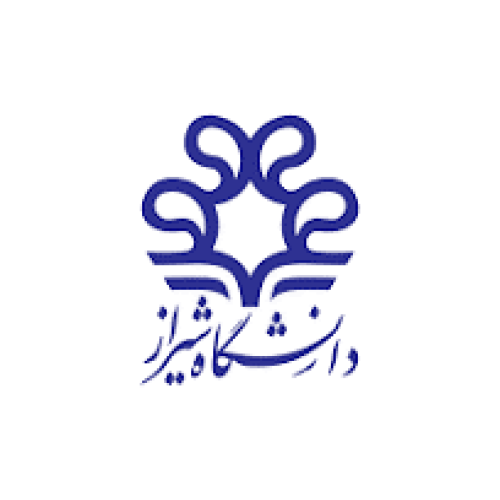
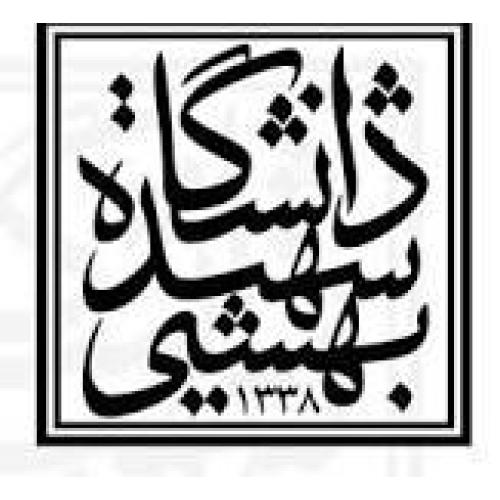
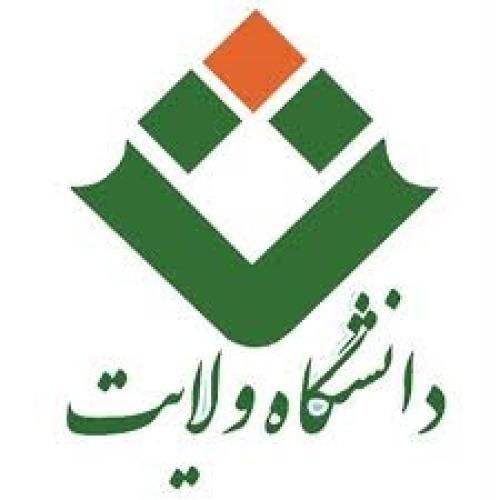
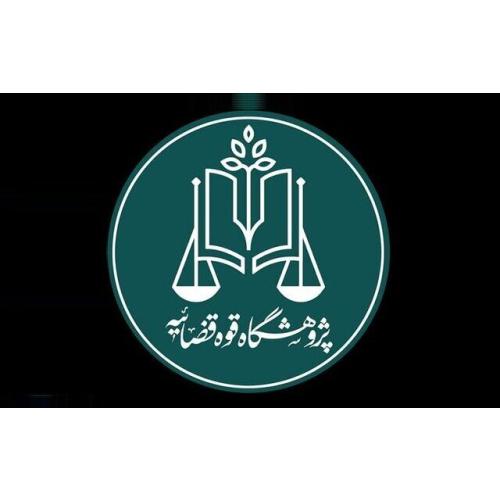
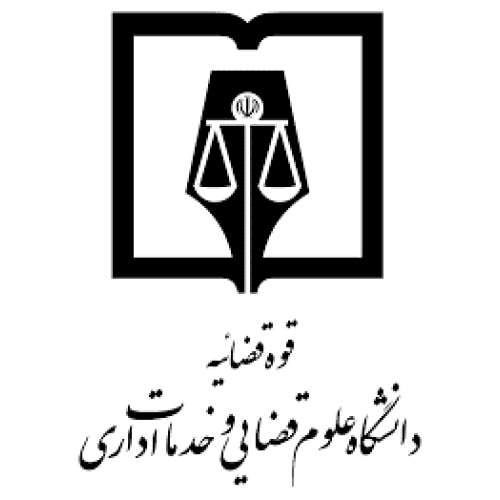
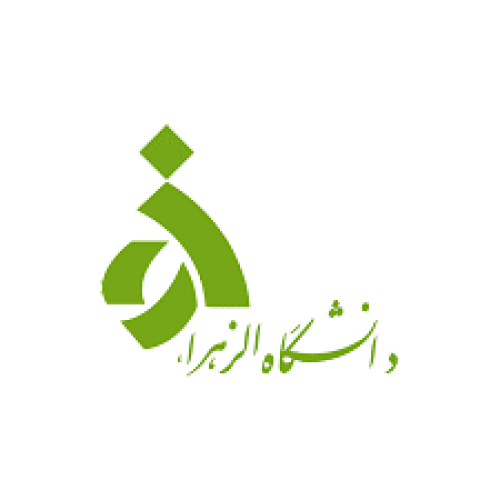
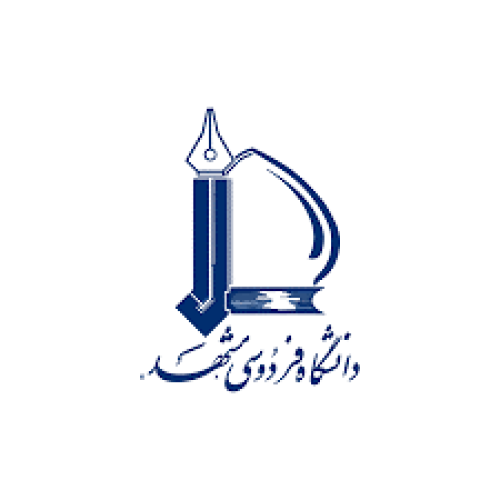
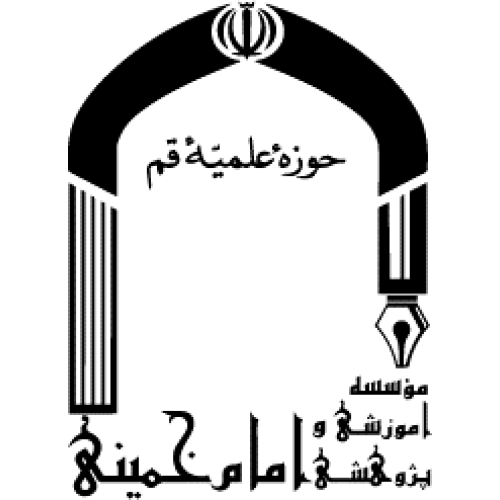
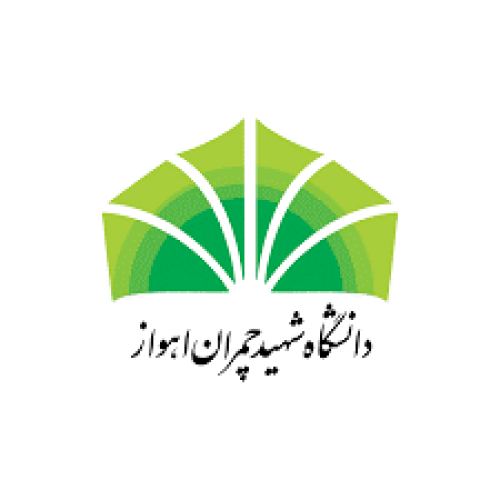
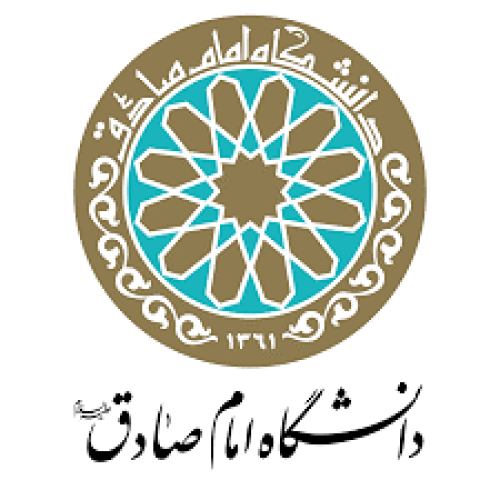
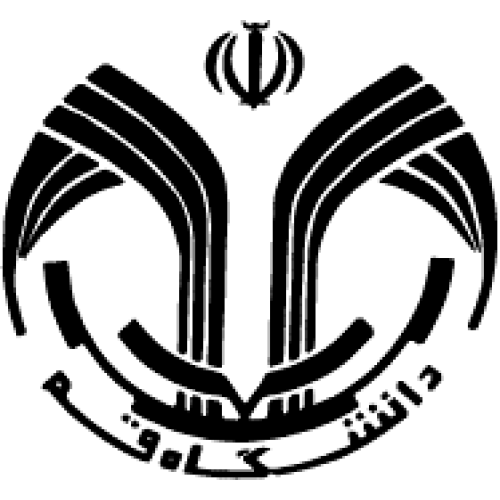
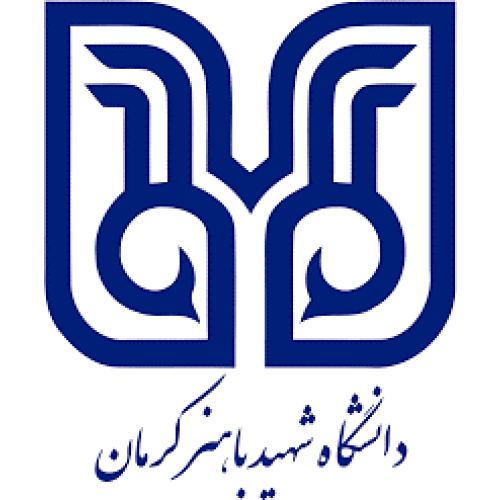
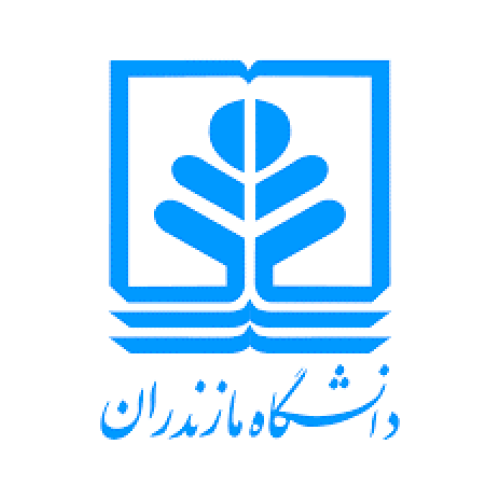
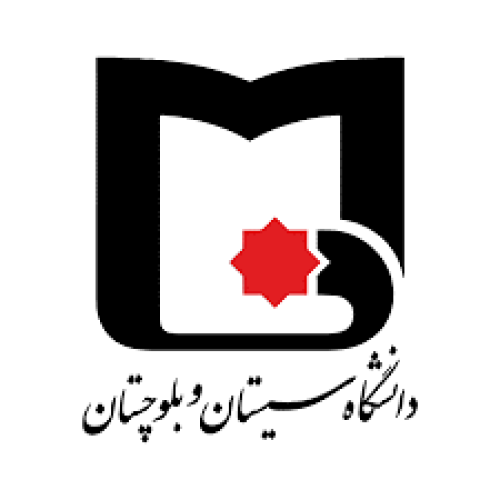

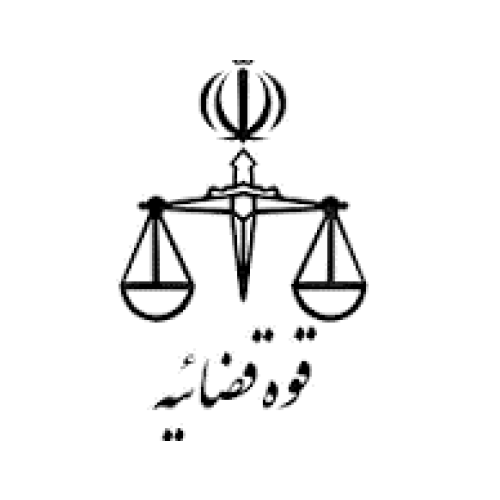
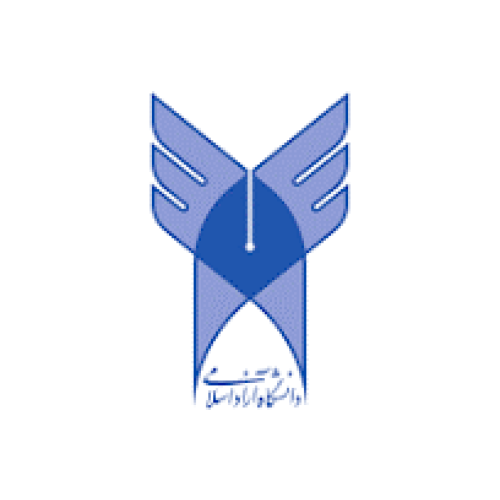
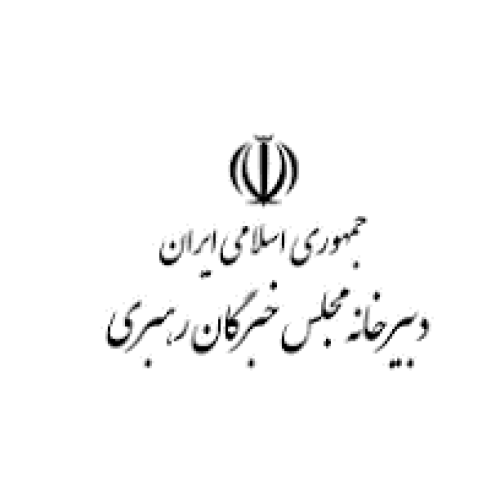
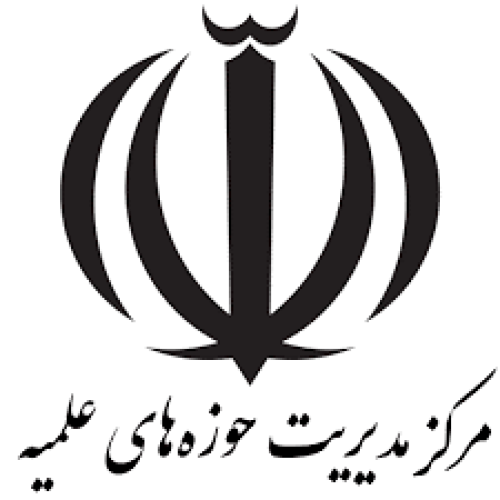
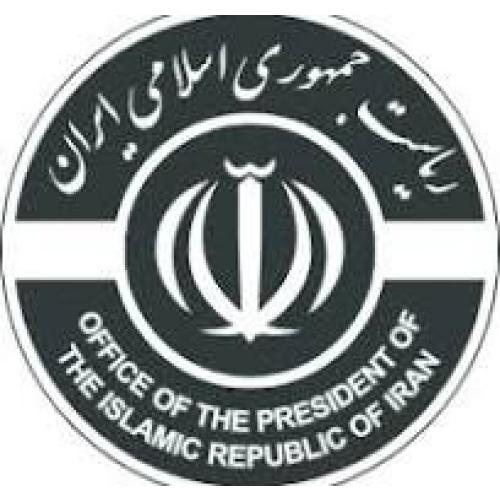
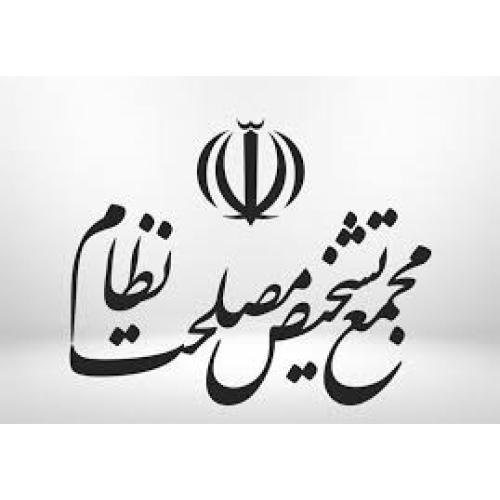
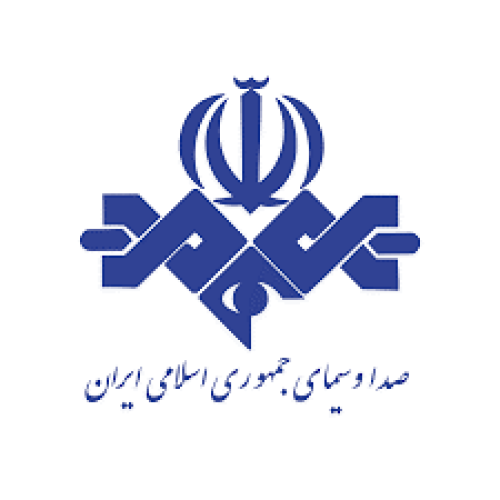
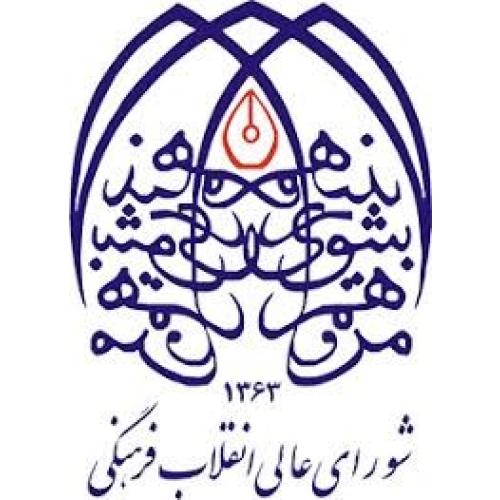
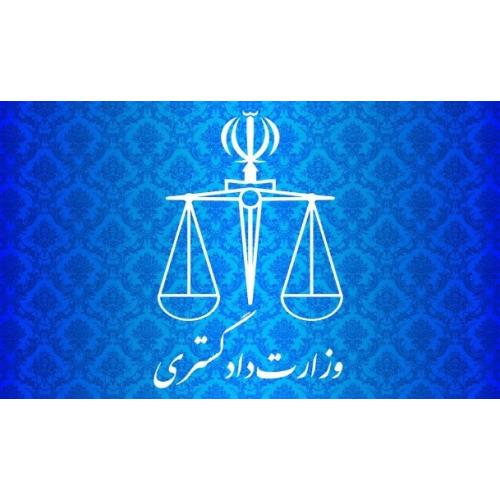
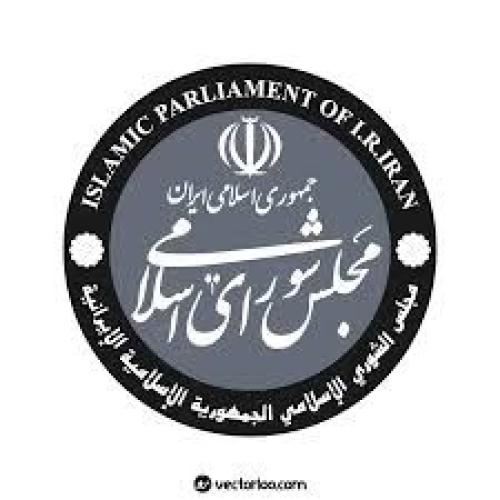
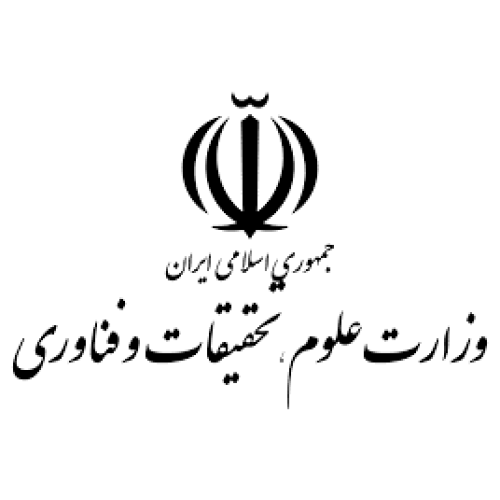
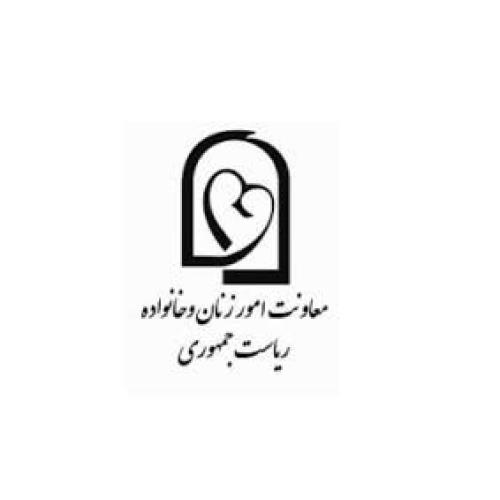
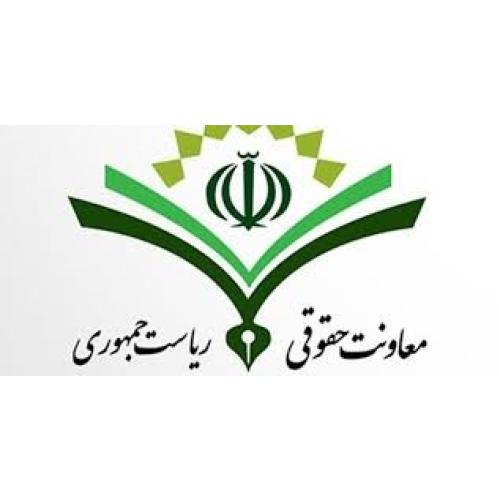
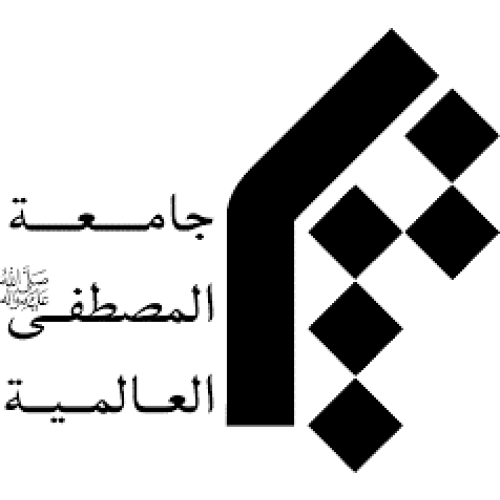
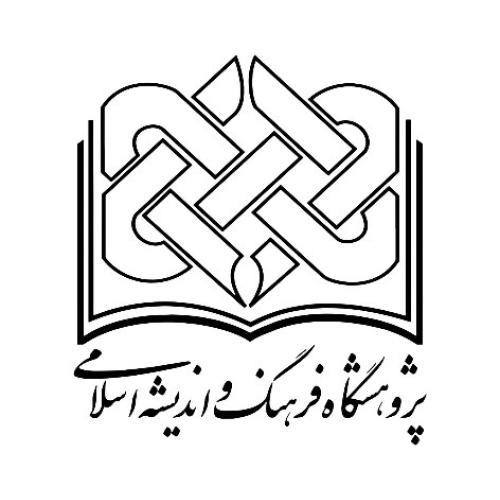
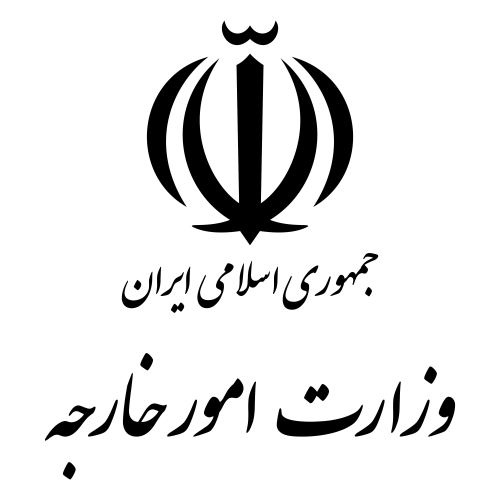
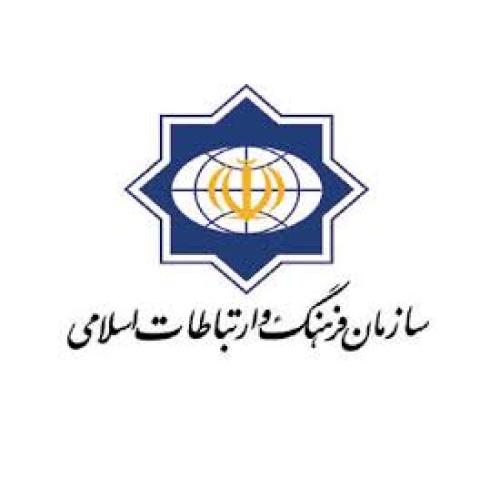
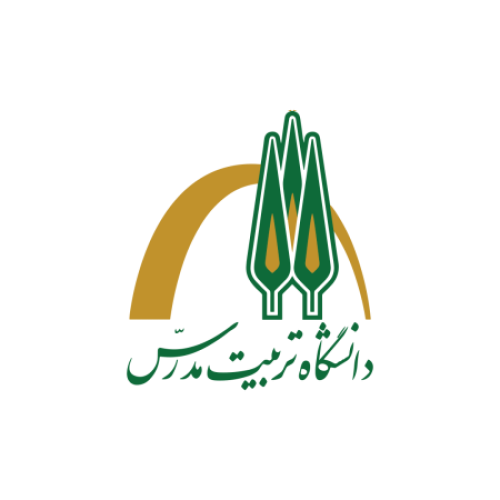
.png)
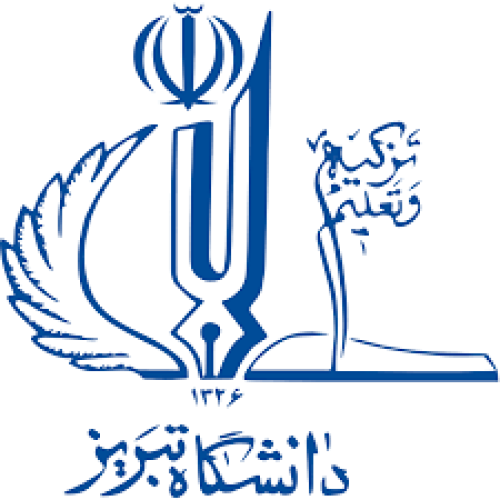
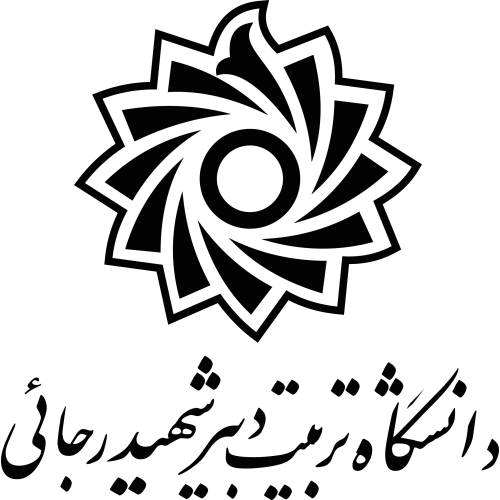
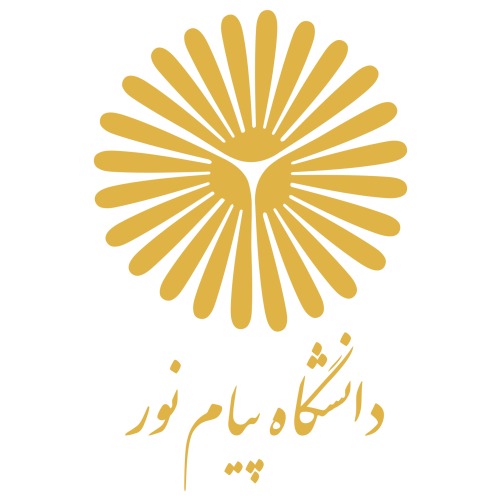
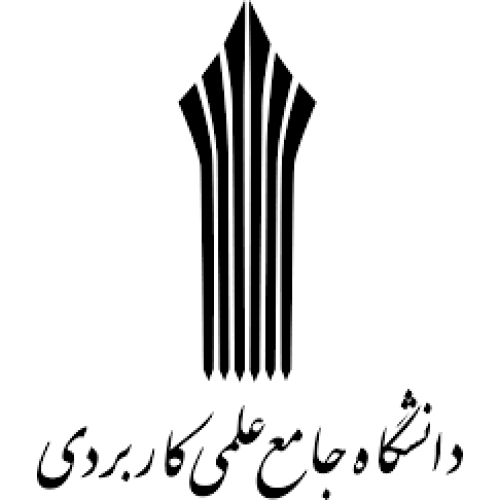
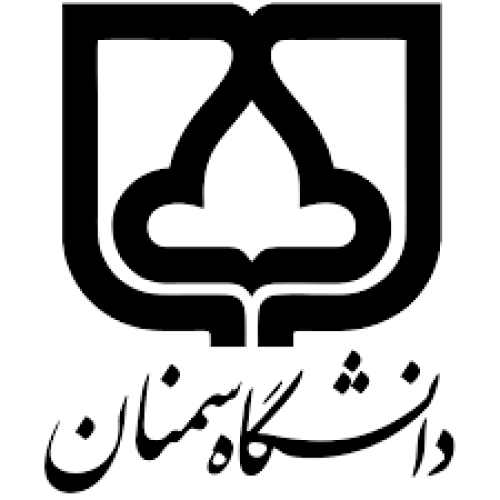
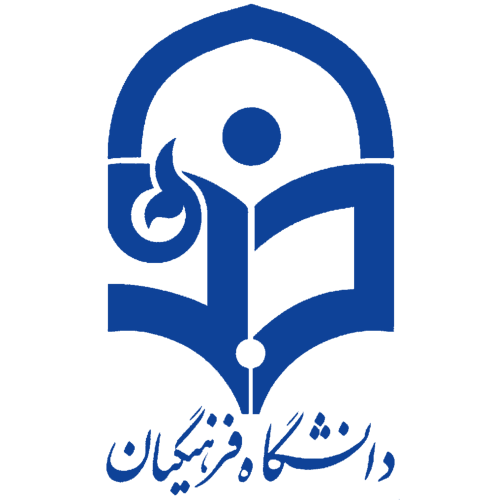
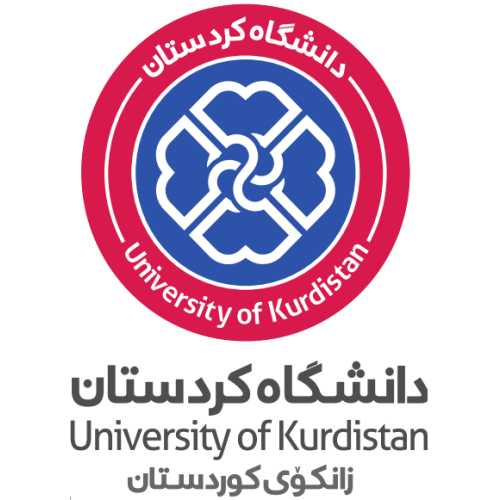
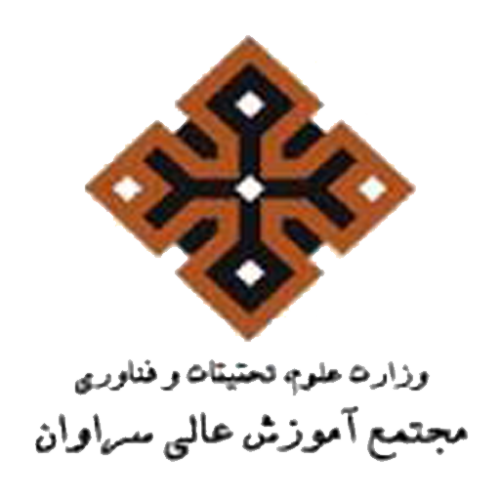
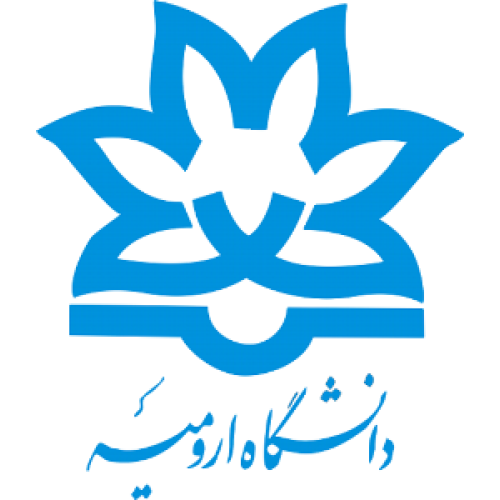
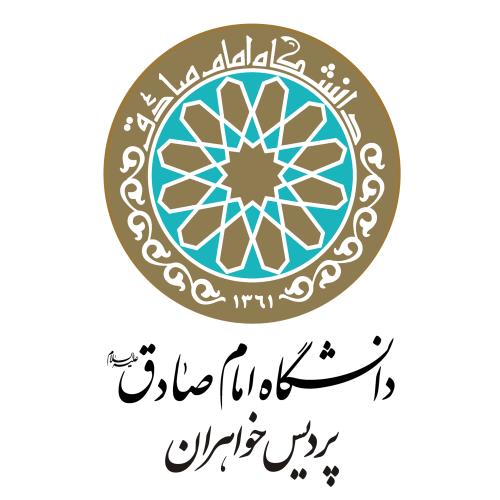
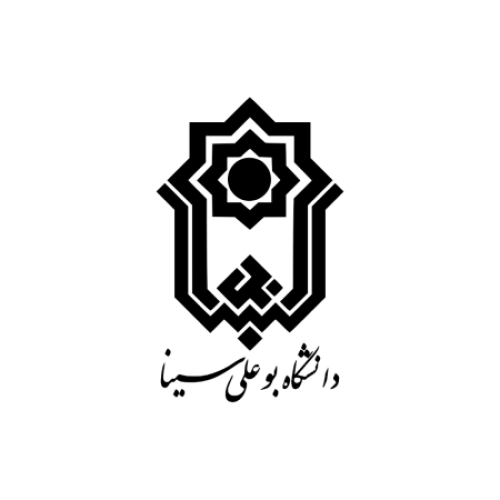
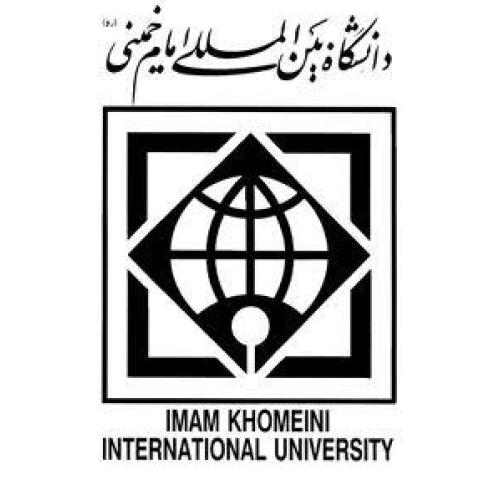
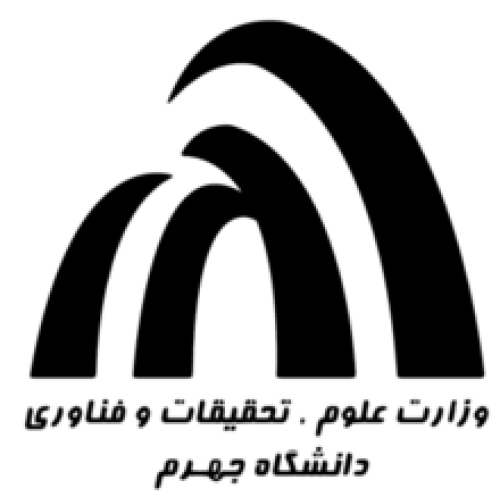
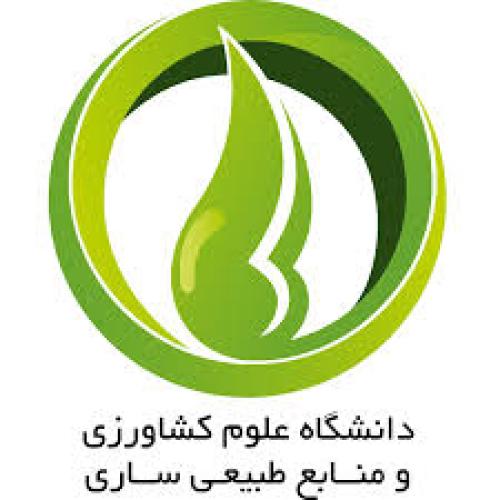
.png)
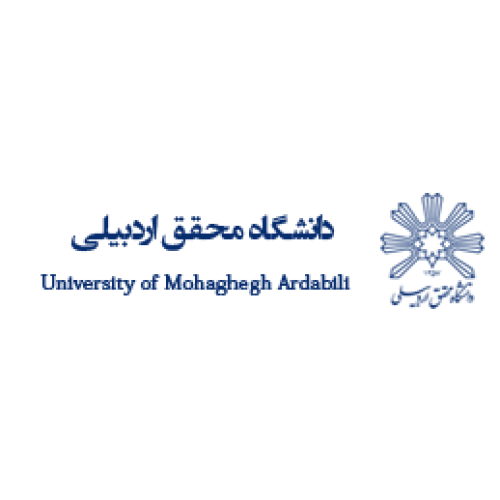
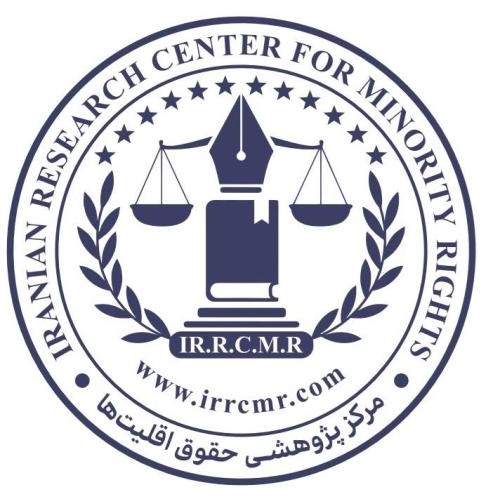
.jpg)
